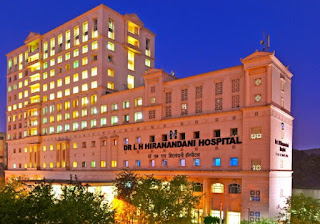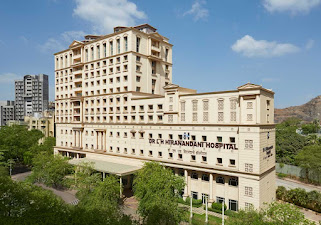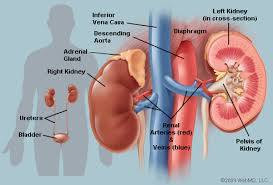Tips to take care of your kidney after 40: Dr. L H Hiranandani Hospital kidney

As you age, your kidneys may not function as well as they did when you were younger. However, there are steps you can take to keep your kidneys healthy and reduce your risk of kidney disease. Dr. Sujit Chatterjee, CEO- of Dr. L H Hiranandani Hospital, Powai shared some tips to take care of your kidneys after 40: 1. Stay hydrated: Drinking enough water is crucial for kidney health. Aim to drink at least 8 cups of water per day, and more if you are active or live in a hot climate. 2. Eat a healthy diet: Eating a balanced diet that is low in salt and high in fruits, vegetables, whole grains, and lean protein can help keep your kidneys healthy. Limit your intake of processed fo ods, sugary drinks, and foods high in saturated and trans fats. 3. Exercise regularly: Regular exercise can help improve kidney function and reduce your risk of chronic kidney disease. Aim for at least 30 minutes of moderate-intensity exercis...

